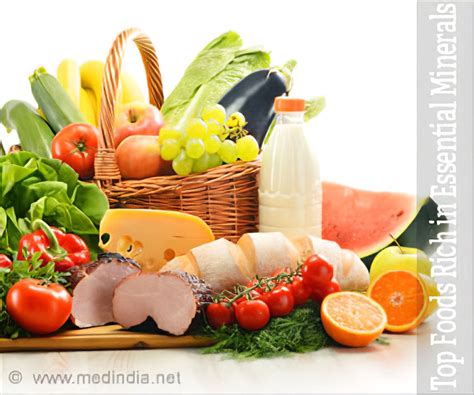Dietary strategies to naturally boost testosterone for peak male performance?

Unlocking Peak Male Performance Through Natural Testosterone Boosts
Testosterone, the primary male sex hormone, plays a critical role in more than just libido. It influences muscle mass, bone density, fat distribution, red blood cell production, and mood. As men age, testosterone levels naturally decline, which can lead to a host of issues including decreased energy, reduced muscle mass, weight gain, and lower sex drive. While synthetic options exist, many men seek natural ways to optimize their testosterone, and diet stands as one of the most powerful levers.
Adopting specific dietary strategies can significantly impact your body’s ability to produce testosterone, fostering improved physical vitality, mental sharpness, and overall quality of life.

Essential Nutrients for Testosterone Synthesis
Optimizing testosterone production starts with ensuring your body has a steady supply of crucial vitamins and minerals. Deficiencies in these key nutrients can directly impair hormone synthesis.
Zinc: The Mineral Master
Zinc is paramount for testosterone production. Studies have shown that even a marginal zinc deficiency can lead to a significant drop in testosterone levels. It’s involved in numerous enzymatic processes, including those that regulate hormone secretion.
- Sources: Oysters (exceptionally high), red meat, poultry, beans, nuts, fortified cereals.
Vitamin D: The Sunshine Vitamin
Often referred to as a pro-hormone, Vitamin D is essential for a multitude of bodily functions, including healthy testosterone levels. Research indicates a strong correlation between adequate Vitamin D levels and higher testosterone.
- Sources: Sunlight exposure, fatty fish (salmon, mackerel), fortified milk and cereals, egg yolks.
Magnesium: The Muscle Relaxer
Magnesium plays a vital role in over 300 enzymatic reactions in the body. It’s known to increase free and total testosterone levels, especially when combined with exercise, by reducing oxidative stress and improving insulin sensitivity.
- Sources: Leafy green vegetables (spinach, kale), nuts, seeds, legumes, whole grains, dark chocolate.

Foods to Prioritize for Optimal T-Levels
Beyond specific micronutrients, the macronutrient composition of your diet significantly influences hormone balance. Focus on whole, unprocessed foods that support overall endocrine health.
Healthy Fats: The Building Blocks
Testosterone is a steroid hormone, meaning it’s synthesized from cholesterol. Therefore, a diet rich in healthy fats is crucial. Don’t fear fats; choose the right ones.
- Sources: Avocados, olive oil, nuts (almonds, walnuts), seeds (chia, flax), fatty fish (salmon, tuna), eggs.
Lean Proteins: Muscle and Hormone Support
Adequate protein intake is essential for muscle growth and repair, which indirectly supports testosterone levels. It also helps with satiety and stable blood sugar.
- Sources: Lean cuts of beef, chicken breast, turkey, eggs, fish, legumes, whey protein.
Cruciferous Vegetables: Estrogen Modulators
These vegetables contain compounds like Indole-3-Carbinol (I3C), which help the body metabolize and excrete excess estrogen. Lowering estrogen can free up more testosterone for use.
- Sources: Broccoli, cauliflower, Brussels sprouts, cabbage, kale.

Foods to Limit or Avoid
Just as certain foods can boost testosterone, others can actively suppress it or disrupt hormonal balance.
Processed Foods and Sugars
High consumption of processed foods, refined carbohydrates, and sugars can lead to insulin resistance, inflammation, and increased body fat, all of which are detrimental to testosterone production.
Excessive Alcohol Consumption
Chronic heavy drinking can directly damage the Leydig cells in the testes, which are responsible for testosterone synthesis. It can also increase estrogen levels and impair liver function.

Beyond Diet: A Holistic Approach
While diet is a cornerstone, remember that it’s part of a larger ecosystem. For truly peak performance, integrate these lifestyle factors:
- Regular Exercise: Especially strength training and high-intensity interval training (HIIT).
- Adequate Sleep: Aim for 7-9 hours per night; poor sleep significantly lowers testosterone.
- Stress Management: Chronic stress elevates cortisol, which can suppress testosterone.

Conclusion: Consistency is Key
Boosting testosterone naturally through dietary strategies is a marathon, not a sprint. Consistency in choosing nutrient-dense foods, incorporating healthy fats and proteins, and limiting detrimental items will yield the best results. Coupled with a healthy lifestyle that includes regular exercise, sufficient sleep, and stress management, these dietary choices can significantly contribute to sustained higher testosterone levels, leading to enhanced energy, vitality, and overall peak male performance.








